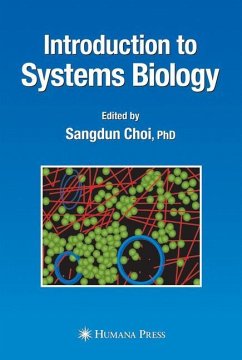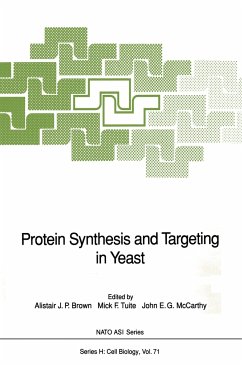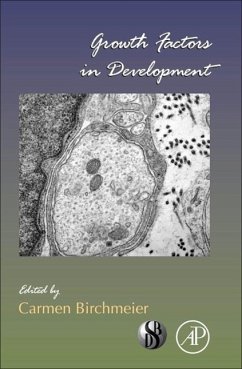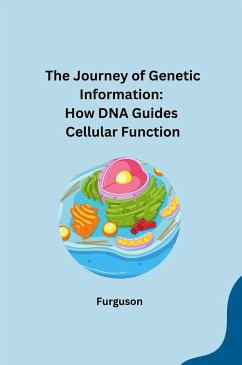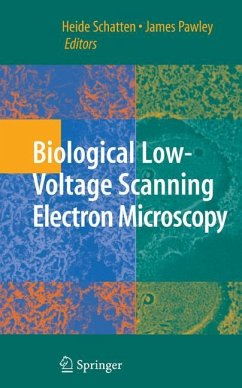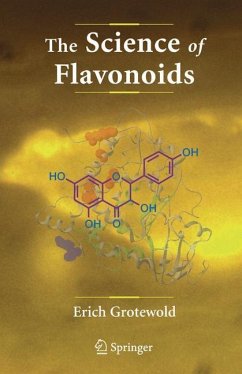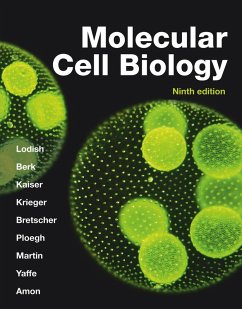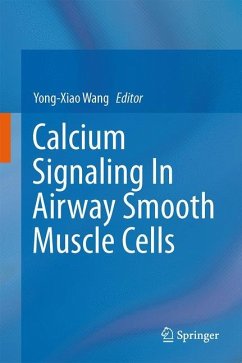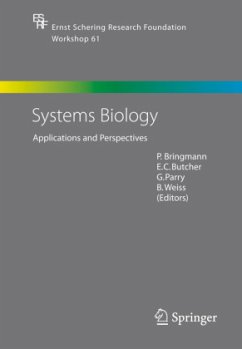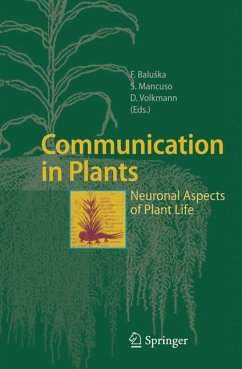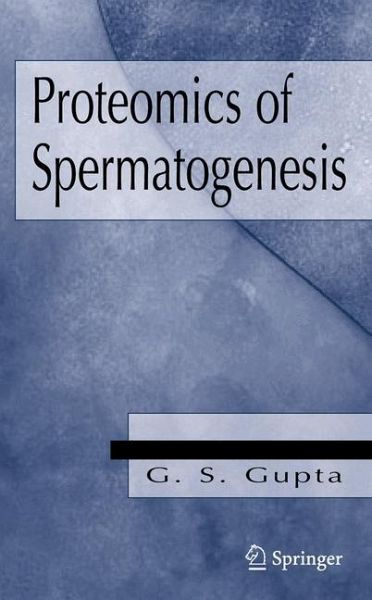
Proteomics of Spermatogenesis

PAYBACK Punkte
59 °P sammeln!
Recent developments of experimental techniques in cellular and molecular biology have made it possible to understand the molecular biology of male gametogenesis in greater detail. This book focuses on the description of specialized proteins, which are dominantly and/or specifically expressed in germ cells and localized in spermatozoa. There is an urgent need to classify proteins of spermatogenic cells with a view of their functions, and their applications in the regulation of fertility and in understanding infertility. The understanding of structural properties of male germ cell specific prote...
Recent developments of experimental techniques in cellular and molecular biology have made it possible to understand the molecular biology of male gametogenesis in greater detail. This book focuses on the description of specialized proteins, which are dominantly and/or specifically expressed in germ cells and localized in spermatozoa. There is an urgent need to classify proteins of spermatogenic cells with a view of their functions, and their applications in the regulation of fertility and in understanding infertility. The understanding of structural properties of male germ cell specific proteins can offer vulnerable points for targeted intervention in testis without generalized effects on stages of spermatogenesis. Besides targeted action in male germ cells, sperm specific proteins and polypeptides may also offer potential application in the development of a contraceptive vaccine.
Researchers in the fields of biochemistry, cell biology, molecular biology, reproductive biology and proteomics will find this book of interest.
"This book is far superior to any previous book on the subject. I recommend this book with great enthusiasm."
Pawan K. Singal
St. Boniface General Hospital Research Center
Researchers in the fields of biochemistry, cell biology, molecular biology, reproductive biology and proteomics will find this book of interest.
"This book is far superior to any previous book on the subject. I recommend this book with great enthusiasm."
Pawan K. Singal
St. Boniface General Hospital Research Center





